Burundi’s National Independent Human Rights Commission (CNIDH) will maintain its Grade A status after facing a potential downgrade over concerns regarding its independence. The decision was confirmed by Sixte Vigny Nimuraba, CNIDH chairperson, in a statement issued Wednesday.
According to Nimuraba, the Global Alliance for National Human Rights Institutions (GANHRI) upheld CNIDH’s Grade A status following an assessment of its independence and adherence to the Paris Principles, a set of international standards defining the role and functioning of national human rights institutions.
In June 2024, GANHRI had recommended downgrading CNIDH from Grade A to B by May 2025, citing concerns about its ability to independently monitor and report on human rights violations in Burundi. This warning followed a 2024 report by the United Nations Special Rapporteur, which highlighted persistent human rights violations in the country. The report criticized CNIDH’s failure to address cases of political repression, forced disappearances, and arbitrary detentions.
However, Nimuraba welcomed GANHRI’s final decision, describing it as “undeniable proof of CNIDH’s commitment to carrying out its mission of protecting and promoting human rights.” He further expressed gratitude to GANHRI’s accreditation sub-committee for its “objective assessment” of CNIDH’s compliance with international standards.
Despite concerns raised by international organizations, the Burundian government has made efforts to demonstrate its commitment to human rights. In August 2024, President Evariste Ndayishimiye ordered the release of journalist Floriane Irangabiye, who had been imprisoned for nearly two years. The same month, a presidential decree granted pardons to over 5,000 inmates. In November, Emilienne Sibomana, a former teacher jailed on what activists described as politically motivated charges, was also released.
CNIDH vice president Anicet Nzohabonayo linked these developments to the commission’s initiatives, stating that CNIDH had been active in advocating for journalists’ rights and strengthening collaboration with civil society groups.
“The commission established a framework for collaboration with civil society to discuss issues related to human rights violations,” Nzohabonayo said. “These efforts have contributed to CNIDH retaining its Grade A status.”
Nimuraba emphasized that CNIDH has been particularly active in monitoring cases of abductions and disappearances, a recurring concern in Burundi.
“If there is a sector where CNIDH has invested significant effort, it is in cases of disappearances,” he said. “There are instances where we find leads and report them, and others where we realize that the individuals in question are not actually missing.”
He called on the public to report suspected abductions, assuring that CNIDH would continue investigating and working with relevant authorities to ensure clarity in such cases.
CNIDH, established in 2011, was initially accredited with Grade A status in 2012. However, in 2018, it was downgraded to Grade B by the United Nations due to concerns that it was failing to hold the government accountable for human rights violations. The commission later regained its Grade A status but has remained under scrutiny from international watchdogs.
Nimuraba acknowledged that the recent review process had been a learning opportunity for CNIDH, pledging to strengthen its commitment to independence, impartiality, and professionalism.
“We remain dedicated to upholding human rights in accordance with our core values of integrity, fairness, and objectivity,” he said.
According to the Global Alliance for National Human Rights Institutions (GANHRI), a national independent human rights commission can lose its status when it is no longer in compliance with international standards set by the Paris Principles. These principles emphasize the independence, mandate, and operational effectiveness of such institutions.
The Paris Principles were adopted in 1991 at an international workshop in Paris, France, organized by the United Nations, and were officially endorsed by the United Nations General Assembly in 1993.

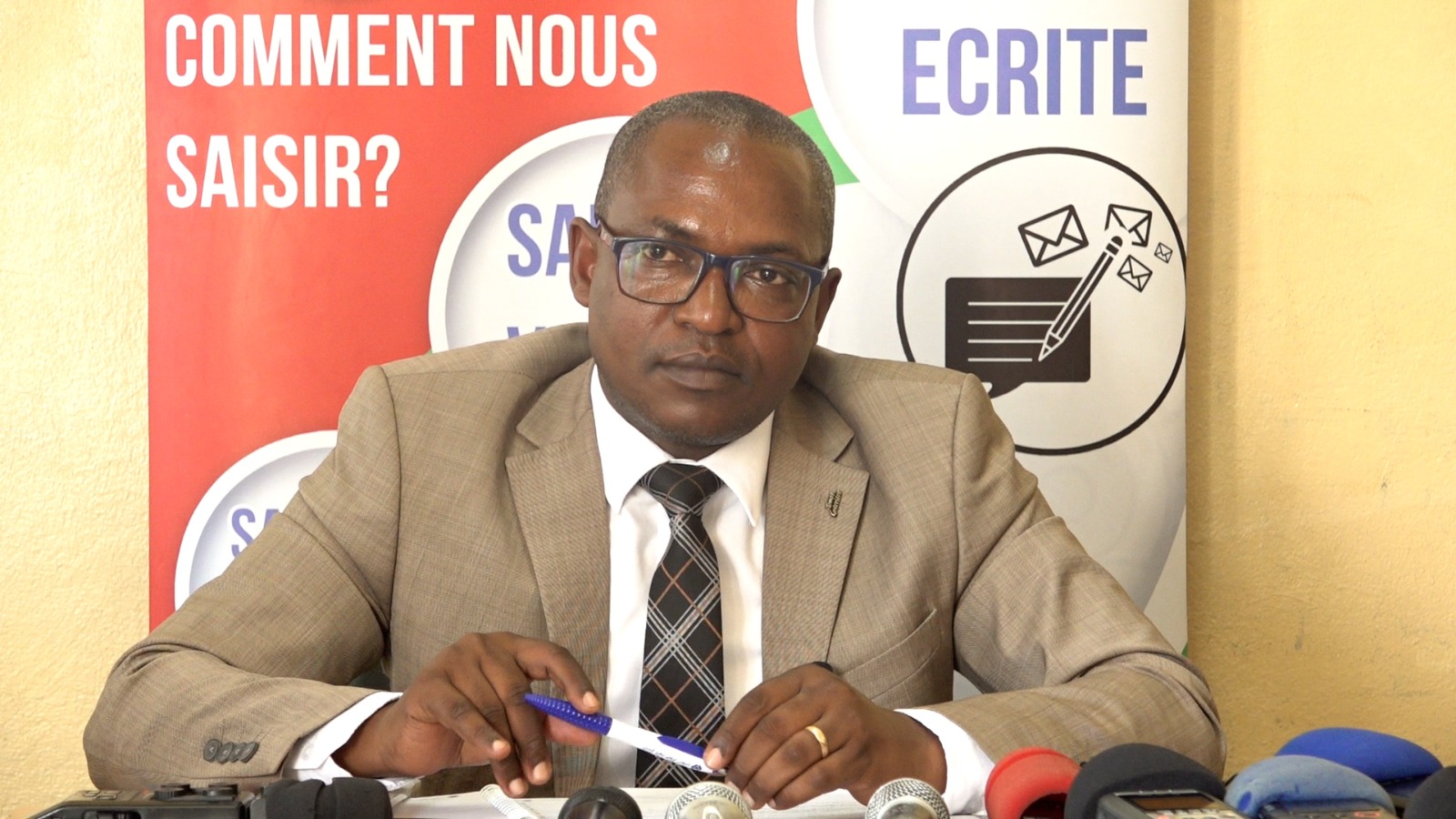


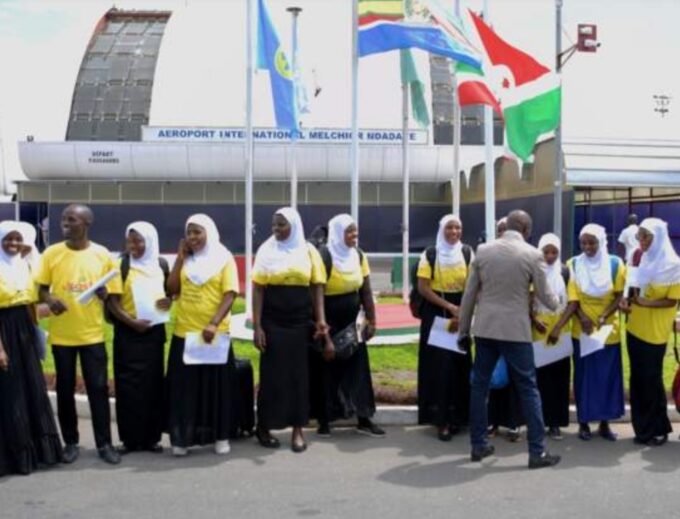
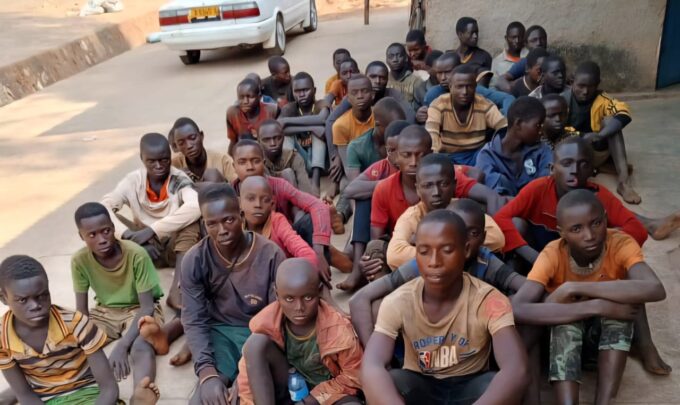
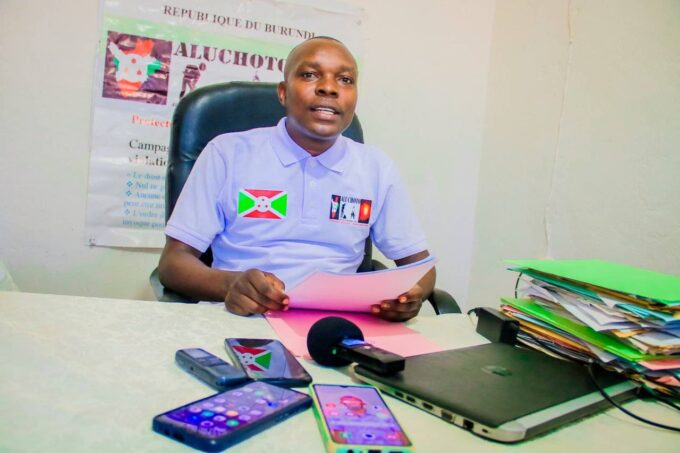
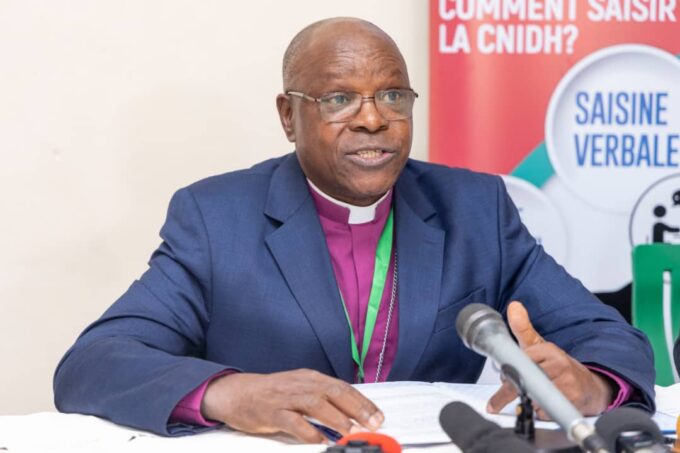
Leave a comment